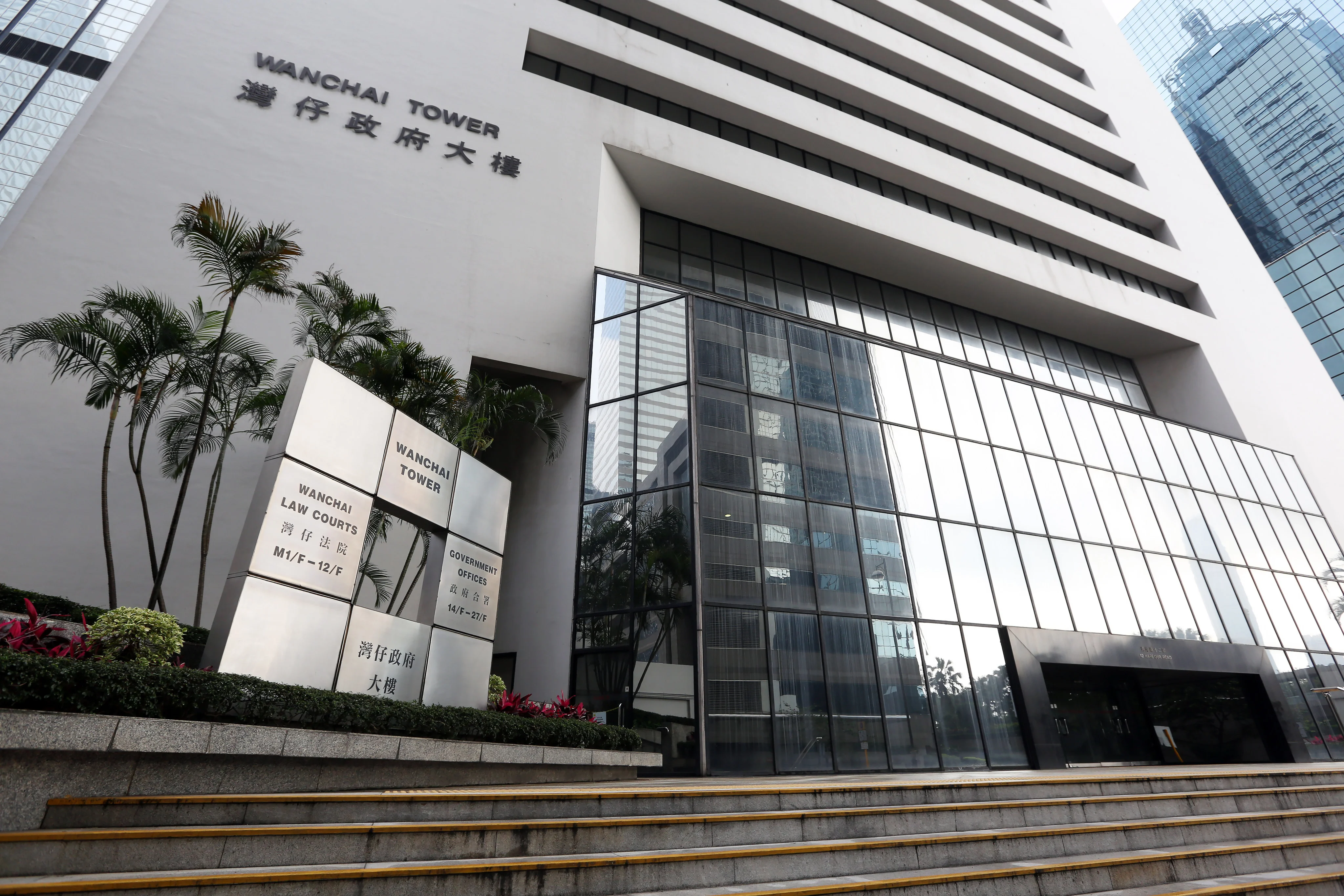Copyright thenewstack

I have one kid in college right now. As I watch him navigate education in this AI world, I keep asking myself: How do people learn when AI can do so much of their work? This isn’t just a parental concern; it’s one of the questions every technology leader is asking about their teams right now. How do we quickly establish the critical-thinking skills that no AI can replace? This question has become more urgent as we’ve witnessed a dramatic shift in industry sentiment. Headlines have proclaimed that developers are going away, and AI will replace them entirely. Some companies have panicked and decreased hiring. However, the data reveals a different story. MIT research shows that 95% of enterprise AI pilots fail to deliver measurable business value. Even more revealing: In a comprehensive study of experienced open source developers, participants were 19% slower when using AI tools, even though they expected to be 24% faster. And yet even after experiencing this slowdown, they still believed they were faster with AI assistance. This disconnect highlights a fundamental challenge with AI integration. While AI excels at generating simple applications from prompts, enterprise development involves pre-existing codebases, compliance requirements, integrating legacy systems and complex security protocols. That’s when human creativity becomes essential. AI can optimize the solution you give it, but only humans can step back and ask the fundamental question: “Are we solving the right problem?” What I know for sure is that humans and AI will work together. The question is, “How?” Three fundamental shifts will reshape human-AI collaboration over the next year, and it’s time to prepare for these changes. Two New Premium Developer Roles Will Dominate the AI Era “Cognitive architects” and “AI guardians” represent entirely new career paths that will command premium salaries and define the future of software development. Cognitive architects are the evolution of your best senior developers. These are the people who’ve moved beyond writing code to thinking about entire systems, understanding both technical complexities and business realities. Instead of managing human teams, they’ll orchestrate AI agents. They’ll break down complex business problems and design structured frameworks that I call “blueprints of thought.” These blueprints guide AI through sophisticated implementations while ensuring solutions align with long-term architectural stability. AI guardians emerge from the democratization of application creation. As AI enables everyone from developers to creators to product managers to build functional software, someone must ensure these applications meet enterprise standards. AI guardians specialize in validating nondeterministic AI outputs, implementing testing protocols for AI-generated code and maintaining quality throughout development life cycles that now require validation loops at every stage. Together, these roles represent the strategists and gatekeepers of the AI era. With 99% of executives believing human contributions remain valuable for software development, and 52% citing cybersecurity as their top AI concern, companies will invest heavily in professionals who can bridge human creativity with AI capability while ensuring security from prompt to production. AI-Human Collaboration Will Define Competitive Advantage The competitive advantage won’t come from who adopts AI the fastest. It will come from those who are most strategic about task allocation between humans and AI systems. The MIT research also shows that the 5% of enterprise pilots that succeeded share common characteristics: They address concrete business problems, define measurable KPIs from Day 1, integrate smoothly into existing workflows and maintain champions across all organizational levels from engineers to executives. With 89% of executives expecting agentic AI to become standard within three years, the real differentiator will be calibrating exactly which tasks benefit from human creativity and judgment versus which should be automated. Organizations that master this balance create compounding advantages, freeing developers to focus on high-value architectural decisions while AI handles code generation and routine maintenance. The Rise of ‘Meta Agents’ Meta agents, hierarchical AI systems that coordinate teams of specialized subordinate agents, represent the next evolutionary leap in software development automation, moving from today’s assistive AI tools to fully autonomous development orchestration. Meta agents will be able to manage everything from project planning to code deployment at scale. This transformation will build on the existing multiagent frameworks and will tackle the industry’s need to handle a projected 100x increase in code commits while fundamentally restructuring the way developers work, shifting their roles from writing code to directing intelligent agent teams. For human developers, this represents a transition from writing code to high-level strategy, architecture design and oversight. You become a director guiding AI’s vast capabilities to build software at unprecedented speed and scale. Building Systems Where Humans and AI Excel Together The AI orchestration era is here, but it’s not everything the headlines have promised. This isn’t about replacing developers or automating everything; it’s about using technology to enhance productivity. It’s about building systems where humans and AI can do their best work together. To make orchestration a reality, AI agents require comprehensive context to understand plans, tests, compliance checks, security scans and the entire software development life cycle. Organizations that build this foundational infrastructure today position themselves to leverage the full potential of cognitive architects, AI guardians and meta agents as these roles mature. When I think about my kids navigating their education and future careers, I don’t worry about AI taking over their future jobs. I look forward to them having tools that amplify their creativity, problem-solving abilities and judgment. Capabilities that remain uniquely human. The future belongs to developers who embrace becoming AI orchestrators and to organizations that build the infrastructure to support them. The window for developing these capabilities is limited, and the question isn’t whether AI will change software development. It’s whether you’ll be ready to shape that change.



